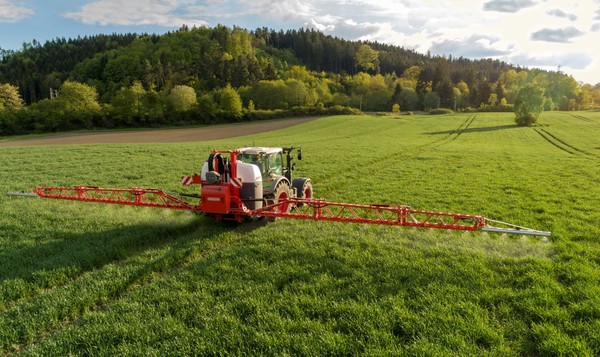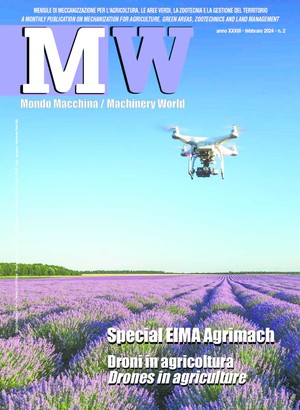
EIMA, the key role of training for agriculture 4.0
Continuous training for the development of the new skills required at the centre of a conference promoted by Maschio Gaspardo. Made in Italy also enhanced through the most modern digital technologies. Supply chain agreements extended to the world of large-scale organised distribution. The challenge of productivity
Italian agriculture holds a record: it is the most sustainable in the world. But it faces many challenges, starting with training, in order to align the skills of industry operators with the demands of agriculture 4.0. The 45th edition of EIMA, was the stage for a discussion between the players in the agricultural supply chain on future scenarios, thanks to the meeting/debate promoted by Maschio Gaspardo. Many open issues were on the speakers’ table, including the exploitation of new digital technologies for the enhancement of Made in Italy abroad, a new partnership with agromechanics, the opening of a supply chain debate also extended to large organised distribution, and investment in human resources. "If you are an attractive company, if you give young people continuous training and dignity, they will reciprocate with creativity," argued Claudio Destro, managing director of Maccarese SpA, "and as a company we draw from agricultural institutes and universities, ensuring that our young employees receive continuous training to help them grow professionally. If Coldiretti's National President Ettore Prandini considers Italian agriculture as a model to be exported, taking advantage of all that is necessary to publicize its characteristics beyond our borders, for Gianni Dalla Bernardina, President of Cai, Confederation of Agro-Mechanics and Farmers, a new supply chain pact is needed because agro-mechanics represents an added value for the primary sector. Raffaele Garofalo (Fattorie Garofalo) says that "with the new government we will have to discuss the supply chain especially in the relationship with large-scale organised distribution". In the background there is the limitation of the Italian agricultural system in comparison with the rest of Europe, namely the average small size of its farms. But there is also the prospect, according to Prandini, of "increasing our production capacity by working with all the players in the supply chain and creating the conditions to transmit companies' professionalism, which is also a defence against the phenomenon of Italian sounding". One thing is certain: according to Garofalo, "agriculture 4.0 is changing all production processes and we must seize the opportunities it offers, especially in the South. It is essential to reduce production costs and this can only be done with technological innovation". The road is marked out. "Continuing in this direction is inevitable," Destro concluded, "because today with precision agriculture we can achieve production cost savings of between 50 and 60 per cent per hectare.








